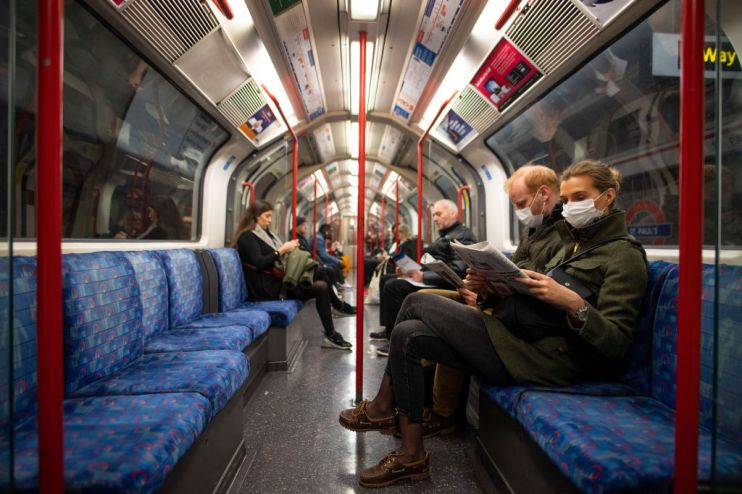UK economy’s rebound cools amid coronavirus worries

The UK economy’s recovery from lockdown “lost some of its bounce” in September as government support schemes were reduced and consumers worried about coronavirus, according to survey data.
The first estimate of the IHS Markit/Cips composite purchasing managers’ index (PMI) slipped to 55.7 in September after jumping to 59.1 in August. The gauge measures how well the private sector is doing.
It was the lowest reading in three months and slightly below what economists had expected. However, a score above 50 indicates expansion, suggesting the economy was still growing solidly.
“The UK economy lost some of its bounce in September,” said Chris Williamson, chief business economist at data firm IHS Markit. “The initial rebound from Covid-19 lockdowns showed signs of fading.”
Williamson said the slowdown “was especially acute in services”. He said the restaurant sector in particular “saw demand fall sharply as the Eat Out to Help Out scheme was withdrawn”.
Companies also cut jobs at a rapid pace in September. Many of them said the end of the furlough scheme in October lay behind their decisions.
UK economy could face ‘brutal’ job losses
The UK economy contracted by a record 20.4 per cent in the second quarter of the year. Since then, growth has been strong but there is still a long way to go to make up the gap.
Now the economy’s recovery is threatened by rising coronavirus cases and new government restrictions.
Yesterday Prime Minister Boris Johnson said pubs and restaurants would have to start closing at 10pm. And he said people should work from home if they can.
September’s PMI showed that rising cases were already having an effect on the economy. Companies said lower consumer confidence and disruptions from the pandemic held back the recovery.
Duncan Brock, group director at Cips, the Chartered Institute of Procurement & Supply, said he was worried about the new restrictions.
“With the announcement of more curbs on movement, it’s impossible to guess how these firms can continue for the rest of the year,” he said. “The knock-on effects of job losses will be brutal.”